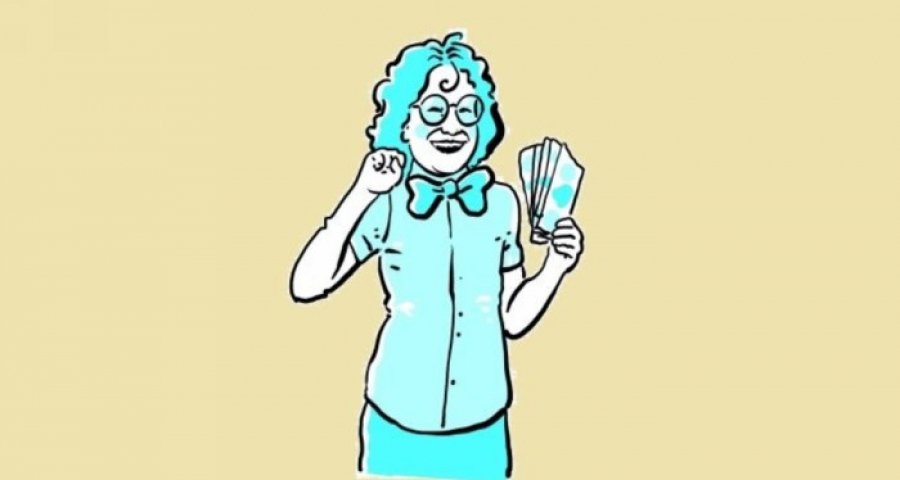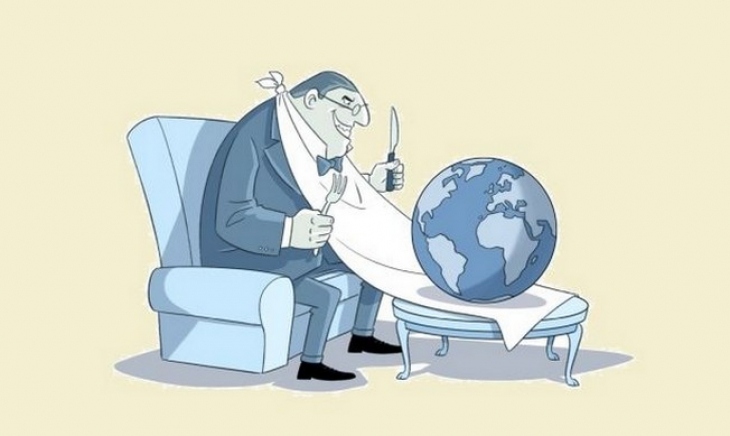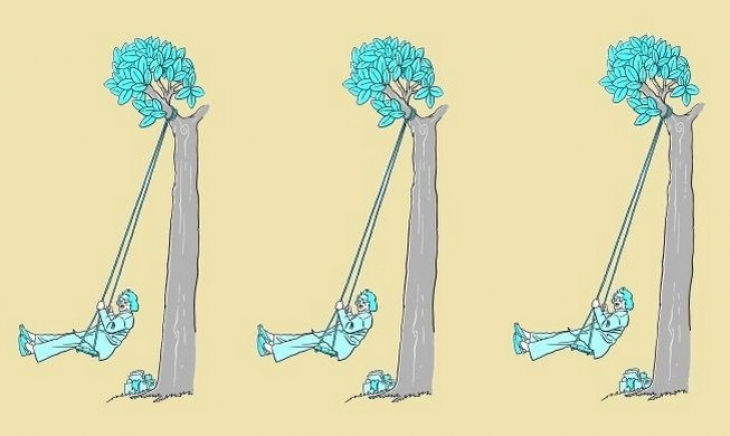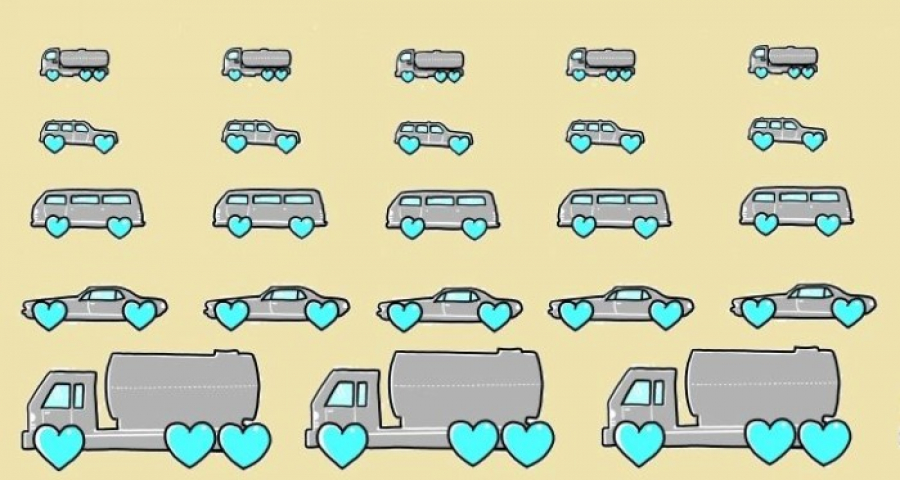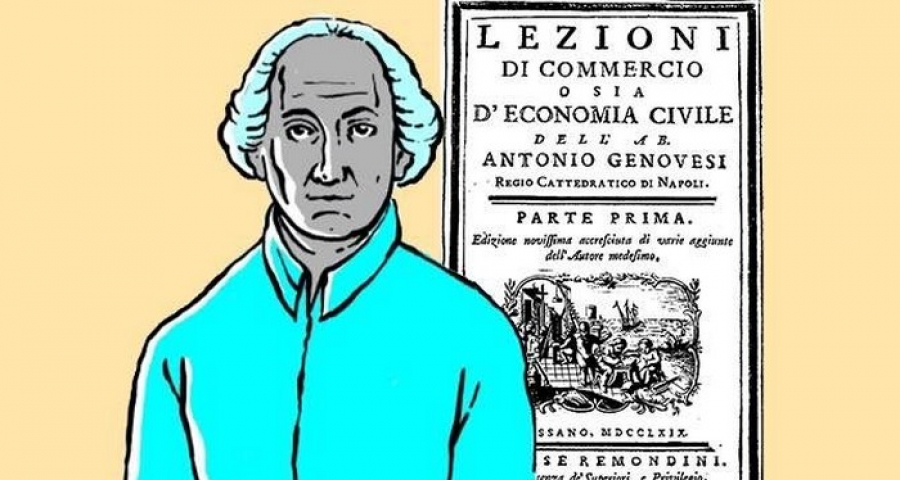If we do not learn the value of gratuitousness at home, and in the early years of life, we will only be driven by money and we will not be good workers as adults. Let us leave incentives and pay to the grown-ups, and protect our little ones from the empire of money.
by Luigino Bruni
published in Il Messaggero di Sant'Antonio on 04/02/2024
The pocket money given to young ones is a controversial topic, and in many ways. It is often an expression that lumps together very different phenomena. Strictly speaking, pocket money is a - weekly or monthly - sum of money that parents hand over to a child who does not have an income of his or her own, to be used for his or her ordinary expenses. Generally, pocket money is applied in connection with teenagers or pre-teens, not with children or university students. A second confusion relates to associating pocket money and monetary incentive with the various ‘chores’ of children. Because giving a few euros a week as pocket money is different from creating a kind of family market where the various domestic services are associated with a price: 3 euros to clear the table, 4 euros to wash the dishes, etc... The two instruments - pocket money and incentive - can co-exist in the family, but one can also exist without the other, and vice versa.
In this business-dominated and business-obsessed culture of ours, pocket money and/or incentive culture is gaining ever new acceptance, it is the new children's catechism of the new capitalist religion. Psychologists, experts in family dynamics, economists, journalists and all-rounders invent new reasons every day to extend the use of economic logic inside the family home. Because, they say, it increases children's sense of responsibility, they learn how to handle money, they understand its value, and they start to move into the market that awaits them when they are adults in time.
As you may have already guessed, I am very much against monetary incentives with kids (let alone children) and I am also against pocket money. Because both instruments create an economic mentality that is out of time and out of context, and because the family is the place where other non-monetary values must also be learned in order to handle money, the market and work well tomorrow. In children, incentive - i.e. associating a monetary contract with every single service - creates the idea that the motivation or reason for doing a job is money and not the job itself. If I am paid to make the bed, I start to think that making the bed has no reason in itself but that the reason for it is money.
And so I forget that the bed just has to be made and that’s all, because it being put back in order before going to school has a value in itself, which has nothing to do with money. What is different is using rewards - which are not incentives -, much better if non-monetary (but there may be exceptions here). Rewards are not systematic (they are not always there), they come occasionally to reinforce intrinsic motivation, to say ‘bravo’, but they are not the reason for being good or doing well. Moreover, once money is introduced into family relationships, it is very difficult, if not impossible, to take it away to achieve the same results; moreover, the incentive tends to contaminate neighbouring areas (from making the bed we move on to the dishes, the dog and to homework...).
If we do not learn at home, and in the first years of life, the value of gratuitousness, that is, the infinite value of work well done, as adults we will only be driven by money and we will not be good workers. And it results in really such a sad life programme that will lack the most important dimension of living: freedom, including freedom from incentives, to be able to make those choices that are right and good. It is free gratuitousness that also founds the value of money, but only tomorrow. Today, there are many more important things to do and learn at home. Let us leave incentives and wages to the adults, and protect our little ones from the empire of money.
Credits foto: © Giuliano Dinon / Archivio MSA






